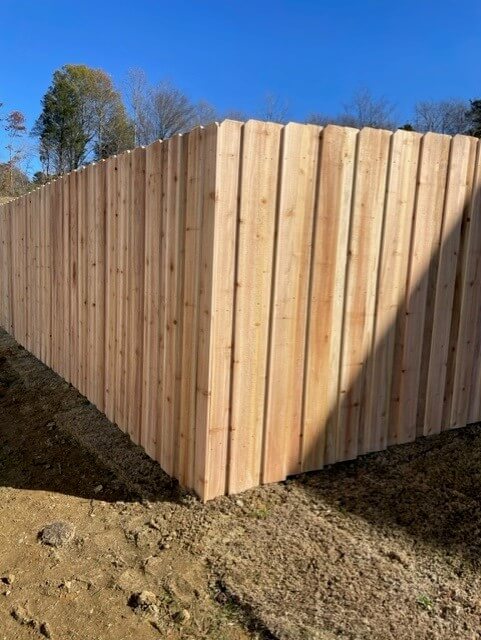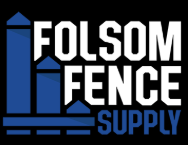If you're considering adding a fence to your property, there are numerous decisions to weigh. One of the most crucial is whether or not you'll use panels as the building blocks of your fence.
At Diversified Fence Builders, Inc., we don't use panels: all of our fences are custom-made and tailored to meet the needs and wants of each client. However, the relative ease and convenience of panels make them an attractive option for many do-it-yourselfers. Many other companies also offer panels as a speedy way to get a fence built.
As fence experts, though, we take pride in guiding customers like you towards choosing the best fencing solution for your property. We want you to feel informed and empowered in your decision-making, and we try to provide you with ample information about fences so you can make the best choices.
With that in mind, here are five things to consider about fence panels.
1. Panels work best on flat property.
- As panels are premade, they are not ideal for hilly areas. Often, when panels are used in uneven terrain, they leave unsightly or unsecured gaps at the bottom of the fence, or are uneven at the top. Custom fencing can better accommodate these issues, as fencing professionals will measure and construct individual fence pieces to adapt to changes in the landscape.
2. Panels are prone to weather damage.
- All fences are subject to wear from the elements, as humidity, temperature changes, and storms take their toll. Panels, however, are particularly susceptible to damage. As panels are prebuilt, heavy winds frequently and easily knock down large sections of or even entire fences, leaving your property fully open and exposed. Even more weather-resistant fencing materials like vinyl can be damaged in this way.
3. Panels are less durable.
- In addition to being more prone to weather, panels simply don't last as long as custom-fencing. Though quality varies, many panels are cheaply mass-produced, and quickly fall apart or deteriorate. Therefore, a panel fence may not be useful for long-term use and will be a weaker investment for your money.
4. Panels offer labor shortcuts.
- It's true that panels are easier and faster to install. After all, they offer small sections of a fence, often several feet wide, as opposed to an individual picket. However, this convenience can lead to shortcuts in the construction process and sub-par craftsmanship, leading to a compromised fence.
5. Panels come in pre-set sizes.
- A typical panel is often 6 feet high and 8 feet wide. Though slightly smaller or larger sizes are available, these pre-fabricated sizes may not meet the specific needs of your property. If they don't fit exactly in your space, you may end up paying more for a chunk of fencing that you won't use.
Furthermore, the pre-sized panels may violate the fencing regulations and ordinances in your community. With professional fence builders, you'll not only be able to customize the size of your fence to adhere to local codes, but you'll also be working with informed experts who can address any other issues that might arise with your fence as well.

Of course, cost may be the key deciding factor in what you choose for your fence. A fence is a long-term investment for your home or business, and we want to help you make the choice that will provide the most value for your dollar over the longest period of time. Please view our fence estimator to begin assessing your potential costs. You can use it to look at an aerial view of your property, select where you'd like your fence to go, then explore different materials and fence styles.
Or, simply contact our team, and one of our fencing specialists will walk you through the different options available so you can find the best fencing for you.

